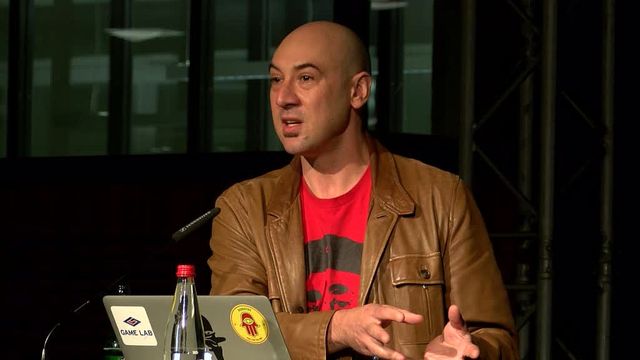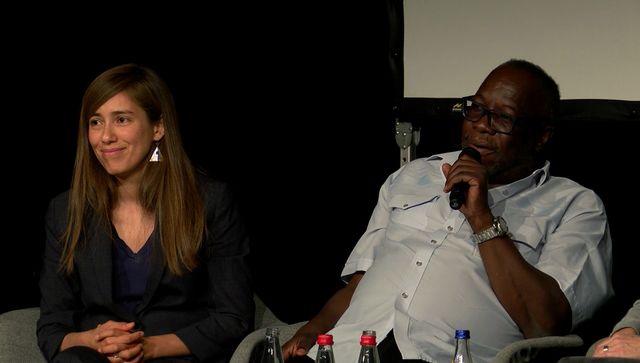Keynote, panel
Music and Copyright, Money and Morals
Aram Sinnreich, Mad Professor, Helen Smith, John Street, Ananay Aguilar
6pm: Music and Copyright: A Coevolution in Five Moments
Keynote by Aram Sinnreich (communications scientist, American University)
From sheet music printing to sound recording; from radio to sampling: Anyone who wants to understand the current debates about music copyright in the digital age has to look at its evolution. Since the emergence of an audience and a market for musical works on one side and the industrialization of distribution and production on the other, music, technology and legislation have mutually shaped – and constantly challenged – one another. Aram Sinnreich traces the tensions and new links that arise time and again between legislation and regulation, market dynamics, cultural codes and practices, media technologies and notions of authorship. How do new listening habits and production techniques change the scope of legal regulation? How do laws and restrictions influence musical trends, how do they shape ideas of art and creativity?
7pm: Money and Morals. Copyright’s Role for Creative Labor
Ananay Aguilar (musicologist, University of Cambridge; regional coordinator for Latin America in the International Federation of Musicians – FIM), Mad Professor (music producer), Helen Smith (executive chair of IMPALA), John Street (political scientist, University of East Anglia)
moderated by Andrea Goetzke (cultural producer and curator, Music Pool Berlin; Torstraßenfestival)
Intellectual property rights shape the conditions for creative work. But who actually earns money with it? Do the interests of the music industry also correspond to those of the musicians – and what role do collecting societies play in all this? It has become increasingly difficult for creative professionals to make a living on the basis of pre-digital laws. So to what extent is copyright (still) a meaningful business model for them? And how does copyright correspond to the ethics and aesthetics of musical practice? It’s not just about money, but also about control and recognition: What exactly should be protected, who should own the rights? What role do rights play for performers and producers in times of decentralized authorship?


